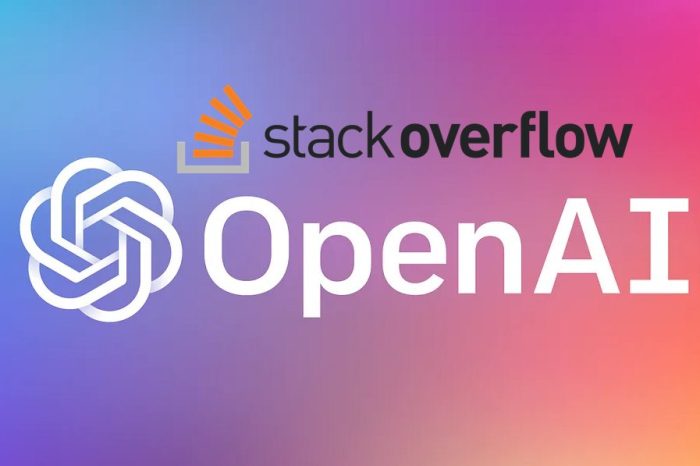Microsoft to unveil MAI-1, a large language model to challenge Google and OpenAI

In a move that will shake up the artificial intelligence (AI) landscape, Microsoft is reportedly gearing up to launch a large language model to rival Google and OpenAI, The Information on Monday, citing insider sources.
The launch will mark Microsoft’s first major endeavor into developing an in-house AI model of this magnitude since its substantial investment of over $10 billion in OpenAI, a deal that granted Microsoft access to the startup’s AI models.
Dubbed internally as MAI-1, this new model is under the watchful eye of Mustafa Suleyman, the former AI leader at Google who recently transitioned to Microsoft after his stint as CEO of the AI startup Inflection. Microsoft’s acquisition of the majority of Inflection’s staff and intellectual property for $650 million in March underscores the seriousness of its commitment to AI innovation.
“The new model, internally referred to as MAI-1, is being overseen by Mustafa Suleyman, the ex-Google AI leader who most recently served as CEO of the AI startup Inflection before Microsoft hired the majority of the startup’s staff and paid $650 million for the rights to its intellectual property in March,” The Information reported.
While MAI-1 draws on the expertise and possibly the technology of Inflection, it is distinctly a Microsoft creation, according to sources within the company. This model represents a significant leap in scale compared to Microsoft’s previous ventures into AI, necessitating greater computational power and training data, and consequently, a heftier price tag.
With an estimated 500 billion parameters, MAI-1 is poised to compete with the heavyweights in the AI arena. For context, OpenAI’s GPT-4 boasts over 1 trillion parameters, while smaller models from other firms like Meta Platforms and Mistral hover around 70 billion parameters. The specific applications of MAI-1 remain fluid, contingent upon its performance. Microsoft may offer a glimpse of the model’s capabilities as early as its upcoming Build developer conference.
In parallel to its ambitious AI endeavors, Microsoft recently introduced Phi-3-mini, a smaller AI model aimed at broadening its client base with cost-effective options. Leveraging its substantial investments in OpenAI, Microsoft has seamlessly integrated ChatGPT maker’s technology into its suite of productivity software, securing an early advantage in the generative AI race.
Behind the scenes, Microsoft has been amassing significant computational resources, including clusters of servers equipped with Nvidia’s graphic processing units, alongside vast troves of data, to bolster its AI development efforts, as detailed in the report. This concerted push underscores Microsoft’s determination to establish itself as a frontrunner in AI innovation, poised to shape the future of technology.

